Brown Sugar Vs. White Sugar: Which Is Better For Your Health?
Discover which one reigns supreme in this sweet showdown between brown and white!
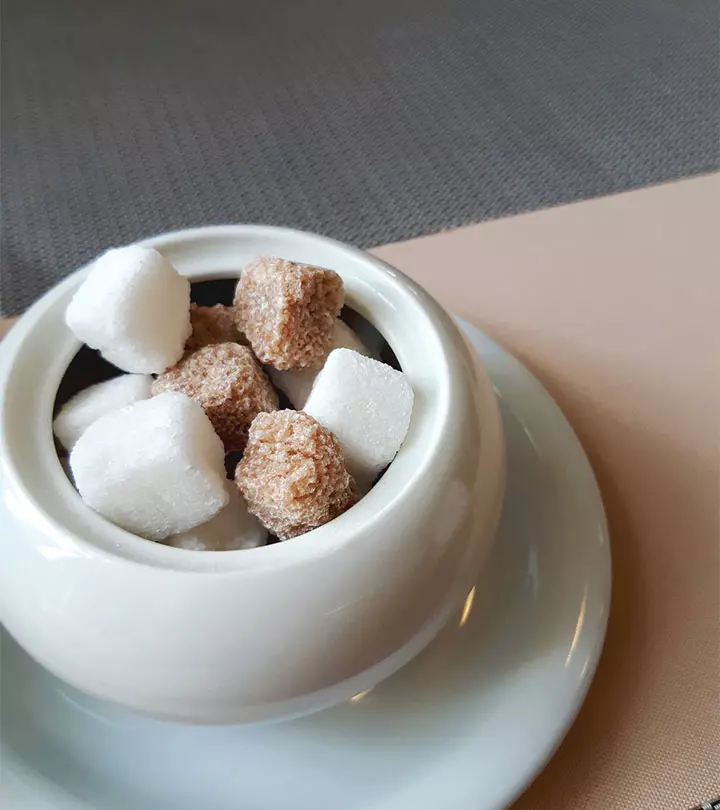
Image: iStock
Brown sugar is gaining the attention of many health enthusiasts and fitness freaks and is popularized as a healthy alternative to white sugar. This has raised a debate about brown sugar vs. white sugar. People are now switching to brown sugar over white sugar for desserts and home-baked goodies. But does it mean you can rely on brown sugar completely? Is it a healthier choice compared to white sugar? What about the caloric values? Continue reading further to know more about brown and white sugar and which one is the best for you.
In This Article
What Is White Sugar?
Sugar or sucrose is a sweet, soluble carbohydrate. In the United States, sugar is obtained from imported sugarcane and homegrown sugar beet. The juices of these ingredients are heated up until they turn into a thick, brown syrup called molasses. The molasses are then spun in a centrifuge, which spins fast to separate the sugar crystals from the molasses. Then, the white sugar goes through another step where any leftover molasses are removed, and the sugar crystals are made smaller. After that, the raw sugar is processed to remove impurities and color to get tiny white sugar crystals (1).
Key Takeaways
- Raw sugar, when processed to remove impurities and color, yields tiny white sugar crystals.
- Light brown sugar is made by mixing white, refined sugar with molasses.
- Although there is not much difference, brown sugar has slightly more calcium and magnesium than white sugar, but it is a poor source of minerals and vitamins.
What Is Brown Sugar?
Shelley A. Rael, MS, RDN, says, “Brown sugar is white sugar with molasses for added flavor and color. The more molasses, the darker brown the sugar.”
There are two types of brown sugar (1), (2):
- Unrefined or partially refined soft sugar crystals with residual molasses (natural brown sugar)
- Refined white sugar with added molasses (commercial brown sugar)
 Trivia
TriviaBrown and white sugars have different textures and tastes (due to the presence/absence of molasses). But are there any other differences? Let’s find out.
Brown Sugar Vs. White Sugar: What Is the Difference?
1. Nutritional Differences
White and brown sugars have similar nutrient profiles (3), (4). However, there is a slight difference. 100 g of brown sugar contains roughly 380 kcal, while white sugar contains around 385 kcal. Although this difference is not huge, it may be important for those monitoring their caloric intake. Additionally, brown sugar contains 83 mg of calcium, 9 mg of magnesium, 4 mg of phosphorous, and 133 mg of potassium (4). White sugar, on the other hand, contains only 1 and 2 mg of calcium and potassium, respectively (3).
Angela Houlie, MS, RDN, CDN, explains, “Granulated sugar has 4 grams of carbohydrates per teaspoon, all of which are sugar. Brown sugar contains 4.5 grams of sugar per teaspoon. However, because of the molasses, it also contains trace amounts of vitamins and minerals.”
“The body breaks down and digests all types of sugar the same way,” she says. Therefore, there is not much nutritional gain in consuming one type over another.
2. Types And Uses
There are different types of brown and white sugars, and each is used for different purposes.
Types Of White Sugar
1. Granulated Sugar: White, refined sugar is commonly used in households and the food industry. It is used to make industrial cake mixes, coatings for confections, and dry mixes.
2. Caster Sugar: Caster sugar is finely ground granulated sugar used for baking, desserts, drinks, and cocktails.
3. Powdered Sugar: It is also known as confectioners’ sugar and is finer than caster sugar. It is commonly used for dusting baked goodies, icings, frostings, and uncooked candies. Confectioners’ sugar is packed with small amounts of cornstarch to prevent caking.
Types Of Brown Sugar
1. Light Brown Sugar: This is made by mixing white, refined sugar with molasses. It is used for baking, making butterscotch, condiments, and ham glazes.
2. Dark Brown Sugar: Dark brown sugar has high levels of molasses and adds a rich flavor to gingerbread, mincemeat, baked beans, plum pudding, and other full-flavored foods.
3. Turbinado Sugar: Turbinado sugar is made by boiling sugarcane juice. As it boils it thickens and begins to crystallize. The crystals are then spun in a machine to remove any remaining moisture. It retains some of the original molasses from sugarcane and has a subtle caramel flavor. You can easily find this partially refined sugar in supermarkets or some coffee shops as single-serve packets.
4. Muscovado Sugar: Muscovado sugar is made by extracting sugarcane juice, adding lime to it, then cooking and cooling it to form sugar crystals. It contains natural molasses and has a high moisture content. The sugar, also called Barbados sugar or khand, is known for its toffee-like taste. It is used to add a deep flavor to cookies, cakes, and candies.
Brown sugar contains more molasses and minerals than white sugar, but does that help in any way? Let’s find out.
Brown Sugar Vs. White Sugar: Which One Is Healthier?
Oregon-based dietitian Megan Byrd says, “In terms of nutrition, brown sugar has slightly more calcium and magnesium. However, it is a poor source of minerals and vitamins, so the difference between white sugar and brown sugar is negligible.”
Thus, none of them is healthier than the other. However, does that mean you can swap them while baking? Will it affect the taste and texture of the baked goodies? Find out in the next section.
Can You Swap Them When Baking?
, MS, RDN, elaborates, “White sugar is sweeter and has a more neutral flavor. So, it can be used in all types of baking. It also gives baked goods an airy texture. Brown sugar has a deeper, caramel-like flavor and works well in richer desserts like chocolate cakes and cookies. It also gives a darker hue to the baked goods. In addition, brown sugar retains more moisture to make the baked goods denser.”
“You can swap one for the other,” she says, “but brown sugar has a different color, caramel flavor, and more moisture. So, the differences might be noticeable, but it still works at a 1:1 ratio.”
These differences in sugar flavor profiles go beyond baking. You can try substituting them in coffees and get different results.
Barista Tom Saxon recalls, “White and brown sugar were always offered to customers, and I found that certain coffees performed better with different sugars. Milk-based coffees like lattes and cappuccinos taste better and more balanced with brown sugar, while shorter coffees like espresso and cortados go well with white sugar.”
He adds, “Darker, chocolatey roasts typically from South America taste better with white sugar. Light roasts with an acidic sharpness become a little more balanced with brown sugar. There is a whole new level of taste profiles to be discovered.”
Daisy, a blogger, has tried brown sugar as a substitute for caster sugar while preparing flapjacks. She says “The light brown sugar works best as a substitution I think, as it has the closest colour and probably the closest flavour to the original recipe. I was definitely glad it turned out well as it’s the one I’ve been using in my own recipe for years now (i).”
The next time, swap your regular white sugar with brown sugar or vice versa, and who knows, you may like the new taste! Here are a few recipes you can start with.
Popular Recipes To Try With White And Brown Sugars
1. Soft Sugar Cookies
These classic sugar cookies are the perfect way to end your Christmas celebration.
What You Need
- 2 ¼ cups of white sugar
- 3 eggs
- 5 ¼ cups of all-purpose flour
- 1 cup of white chocolate chips
- 1 cup of shortening
- 1 cup of butter (softened)
- 1 tablespoon of vanilla extract
- 1 teaspoon of almond extract
- 1 tablespoon of baking powder
- 1 ½ teaspoons of salt
How To Prepare
- Preheat the oven to 350°F.
- Mix sugar, shortening, and butter in a large bowl until smooth.
- Whisk eggs, vanilla extract, and almond extract into the butter mixture.
- Combine the flour, baking powder, and salt in a bowl.
- Work the flour mixture into the butter mixture until the dough holds together. Add white chocolate chips.
- Roll the dough into balls. Press and place them on baking sheets, two inches apart.
- Bake for 10 to 15 minutes or until light golden brown.
- Cool the cookies on a wire rack for 5 minutes before serving.
2. Brown Sugar Brownies
The sweetness of brown sugar complements the rich taste of dark chocolate.
What You Need
- 1 ⅓ cups of all-purpose flour
- 1 cup of dark chocolate chips
- 1 cup of brown sugar
- 1 egg
- ½ cup of butter (softened)
- 1 teaspoon of vanilla extract
- ½ cup of chopped walnuts
- 1 teaspoon of baking powder
- ½ teaspoon of salt
How To Prepare
- Preheat the oven to 350°F.
- Mix baking powder, flour, and salt in a bowl.
- Combine butter, sugar, egg, and vanilla in a separate bowl.
- Mix the flour mixture, chocolate chips, and nuts well.
- Spread the mixture on the pan evenly.
- Bake for 25-30 minutes or until it feels bouncy when gently pressed with a finger.
- Set aside to cool slightly. Slice into bars while it is warm.
Irrespective of the type, you must be careful about your sugar intake. Otherwise, it may cause serious side effects.
 Quick Tip
Quick TipPotential Side Effects Of Brown And White Sugars
William Kemper, pediatric dentist, says, “Don’t be fooled by the additional nutrients in the sugar. Excess consumption of anything sweet causes major damage to your oral health. Parents usually switch to brown sugar for their kids, thinking it is better, but trust me, it is almost just as harmful as white sugar.”
Keith-Thomas Ayoob, EdD, RD, FAND, chimes in, “If you are trying to manage your weight, these are concentrated empty calorie sources. People with diabetes need to minimize free sugars in their diets. Excess sugar consumption may lead to a fatty liver, especially in people struggling with obesity.”
Regardless, Ayoob believes that it is not necessary to eliminate sugars from your diet.
He recommends, “Instead of a soda, the sugar added to Greek yogurt or even breakfast cereal amounts to a tiny proportion of the total daily sugar consumption. These are nutrient-rich foods. Focus on knocking out some empty-calorie sugar sources, like candies, sugary drinks, and desserts. And above all, get enough daily physical activity to burn off the empty calories.”
While the pros and cons of brown sugar vs. white sugar have been heavily debated, there is no clear winner. Brown sugar has a slight edge with the added hint of molasses in it, but in the grand scheme of things, it does not matter. Both sugars have the same nutritional profile and offer the same health benefits. However, brown sugar packs a punch with its stunning dark aesthetic appeal. Experiment with both sugars in moderation to understand the flavor and taste nuances between the two. Add them to your baked goods, confectioneries, teas, and coffees for that sweet goodness. However, when used in excess, sugar can cause problems. It may raise your blood sugar levels or lead to unwanted weight gain. If you experience any adverse effects, limit its use and seek medical advice.
Frequently Asked Questions
Is brown sugar heart-healthy?
There is limited evidence to suggest that brown sugar benefits extend to maintaining good heart health. Excessive consumption of sugar may increase the risk of cardiovascular disorders (5).
Are jaggery and brown sugar the same?
No. The sugar in jaggery is unrefined and not centrifuged before being processed. However, the sugar in brown sugar is refined and is subjected to centrifugation during its refinement.
Is brown sugar good for cholesterol?
There is a lack of evidence to suggest that brown sugar may lower or have an impact on cholesterol levels.
Is brown sugar keto-friendly?
No. All sugars (including brown sugar) are forms of carbohydrates and are not allowed on a low carb or keto diet.
To learn the sweet differences between brown and white sugar, watch the video below. It offers insight into their nuances, which one to choose for your culinary experiences, and how you can foster a healthier lifestyle. Click here to know!
Personal Experience: Source
StyleCraze's articles are interwoven with authentic personal narratives that provide depth and resonance to our content. Below are the sources of the personal accounts referenced in this article.
(i). Do Substitutions Really Work? | Brown Sugarhttps://ataleoftwocookiesblog.wordpress.com/2015/10/15/do-substitutions-really-work-brown-sugar/
References
Articles on StyleCraze are backed by verified information from peer-reviewed and academic research papers, reputed organizations, research institutions, and medical associations to ensure accuracy and relevance. Read our editorial policy to learn more.
- Sugar White and Brown
https://www.ncbi.nlm.nih.gov/pmc/articles/PMC2176937/?page=1 - Phytochemical profile of sugarcane and its potential health aspects
https://pubmed.ncbi.nlm.nih.gov/26009693/ - FoodData Central
https://fdc.nal.usda.gov/fdc-app.html#/food-details/1103933/nutrients - FoodData Central
https://fdc.nal.usda.gov/fdc-app.html#/food-details/168833/nutrients - Added sugar intake and cardiovascular diseases mortality among US adults
https://pubmed.ncbi.nlm.nih.gov/24493081/
Read full bio of Jenny Champion
Read full bio of Payal Karnik
Read full bio of Ravi Teja Tadimalla
Read full bio of Sindhu Koganti






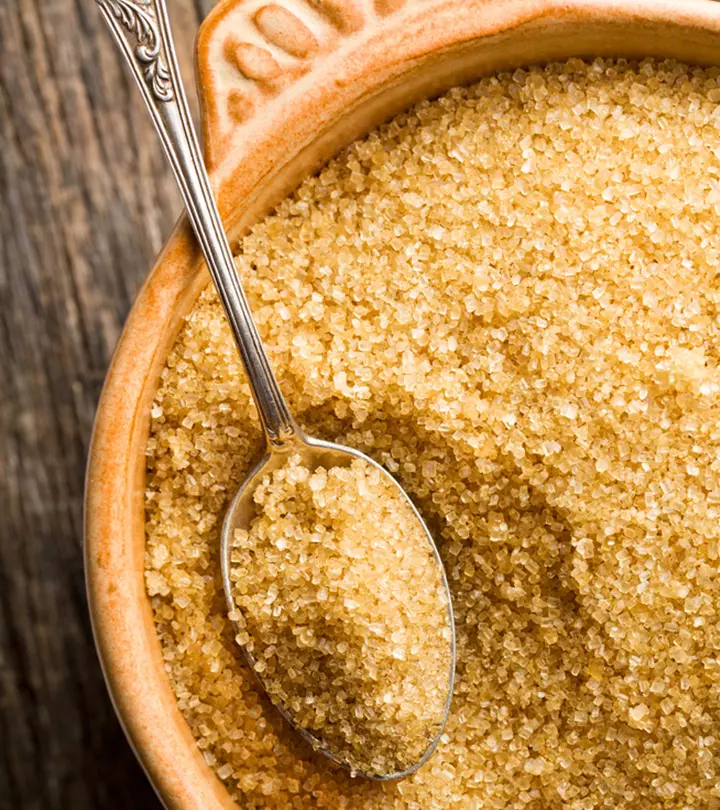
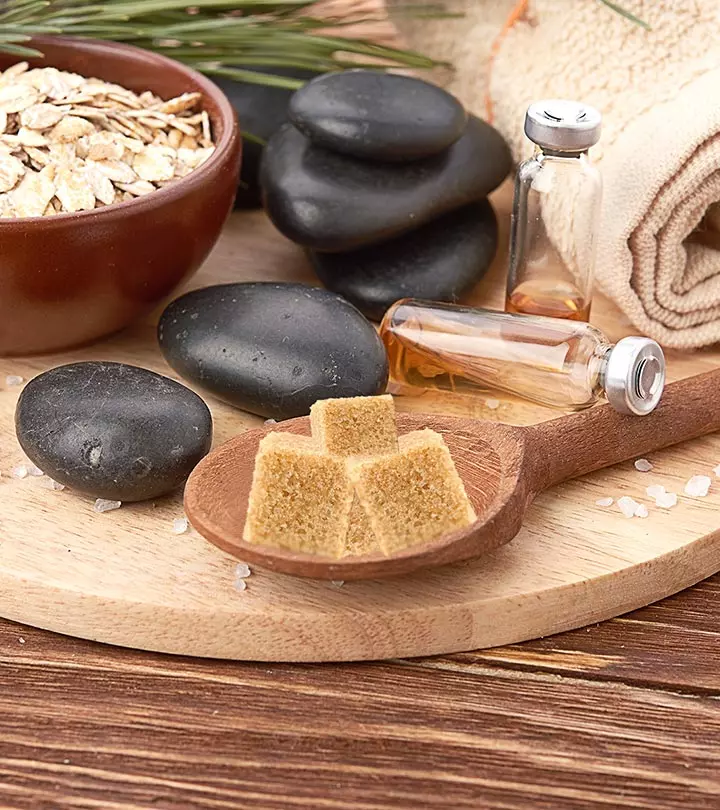

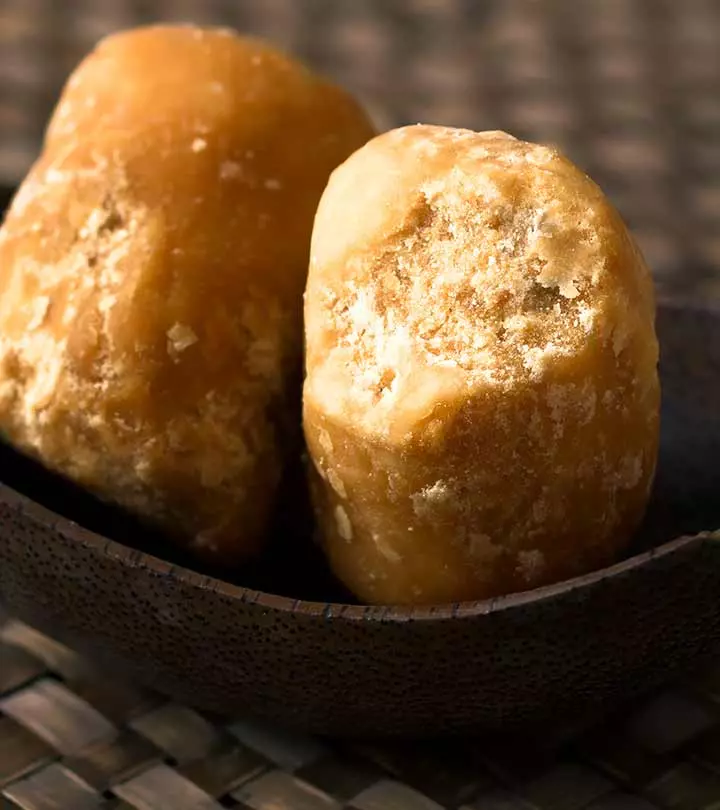
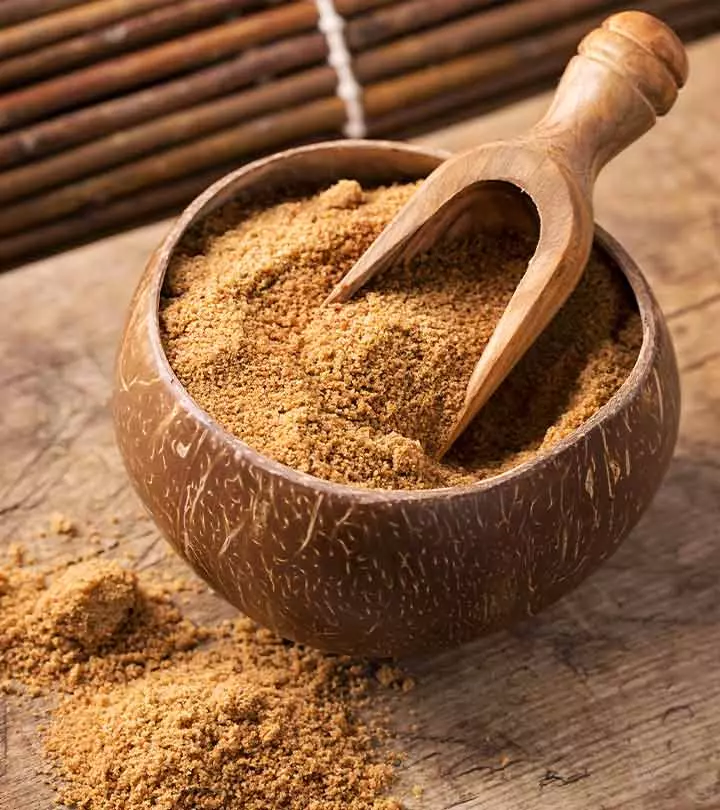
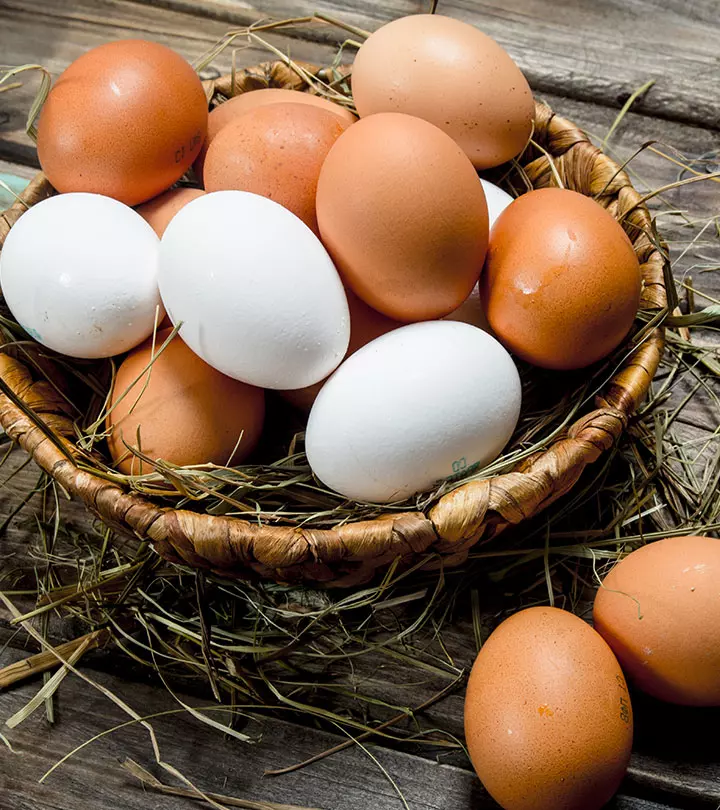
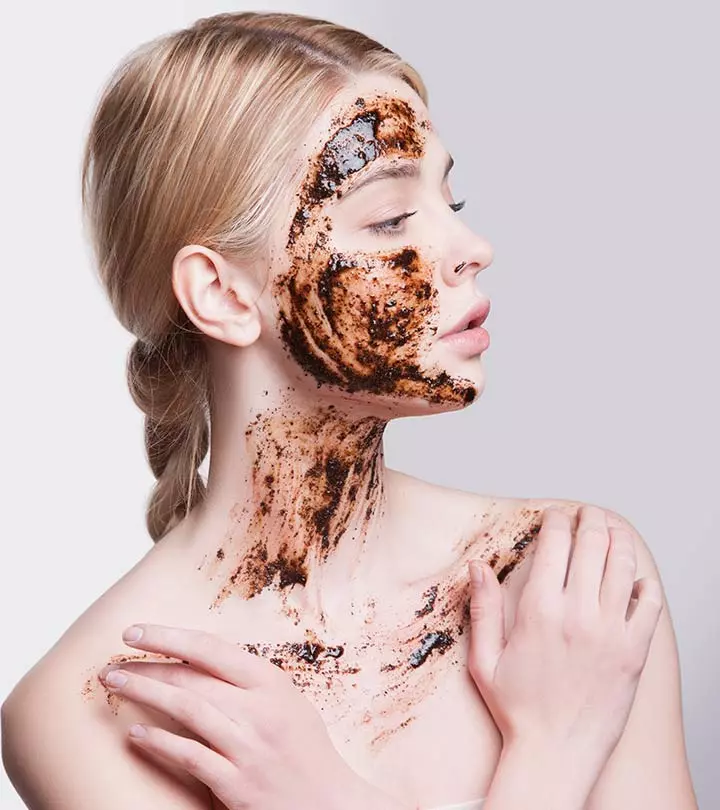

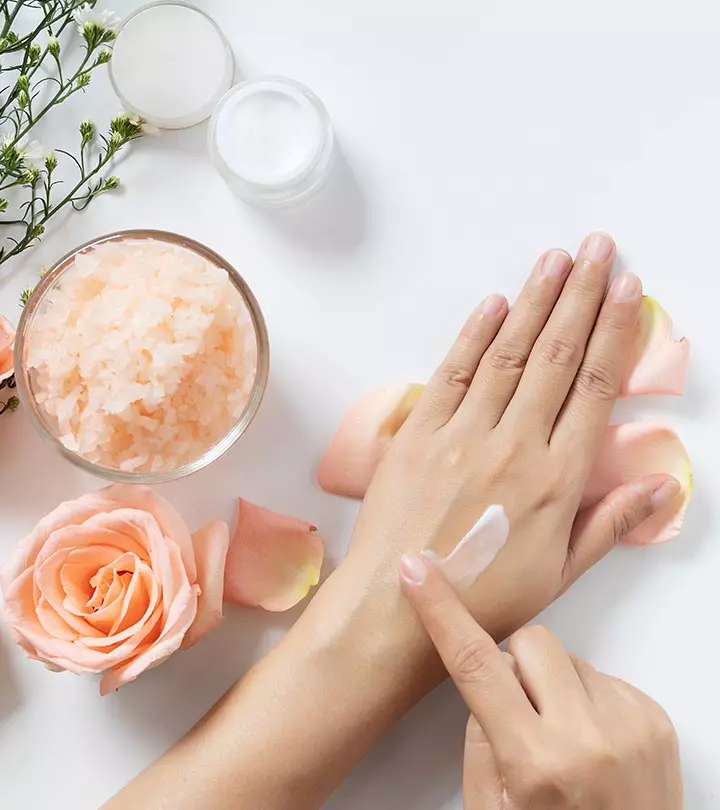
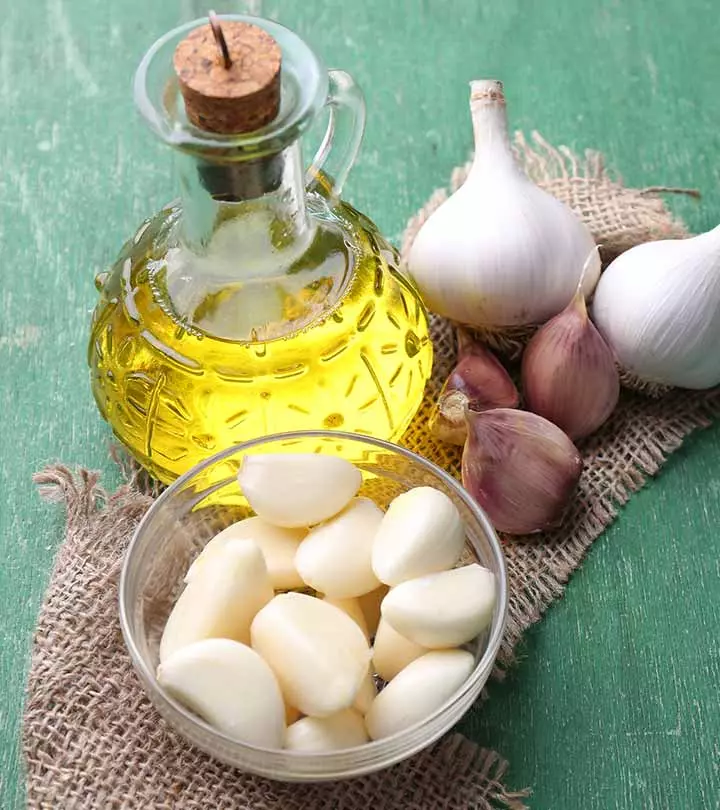
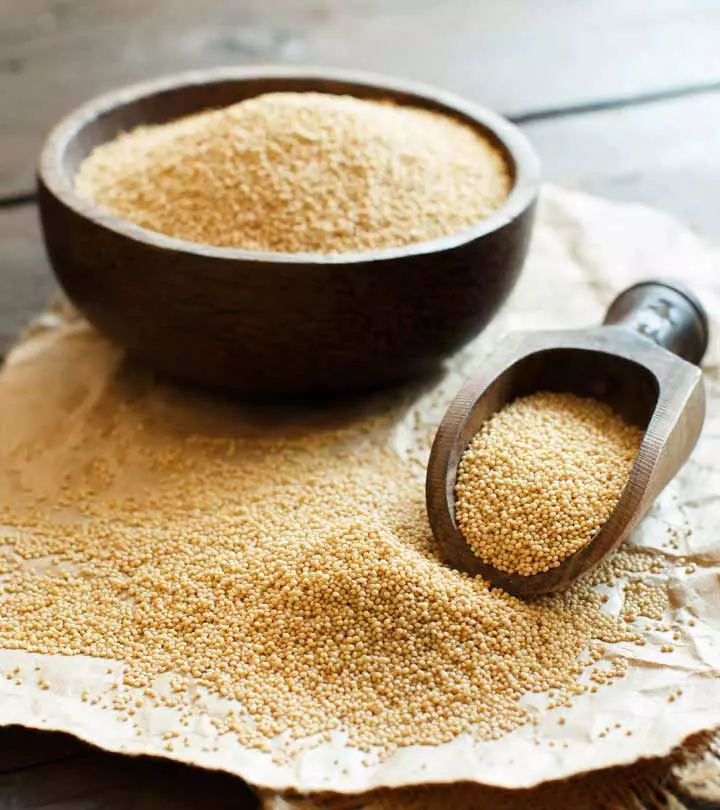
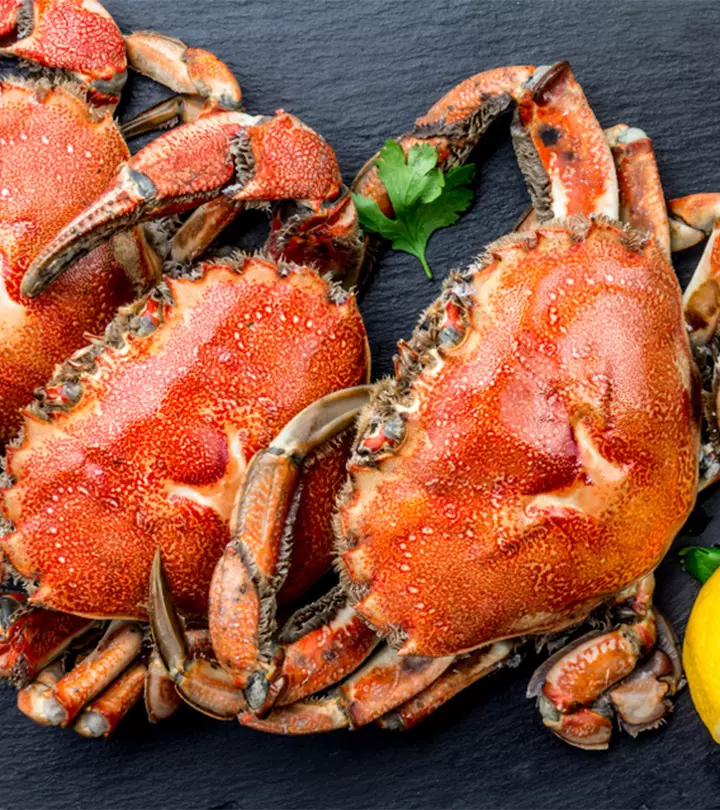
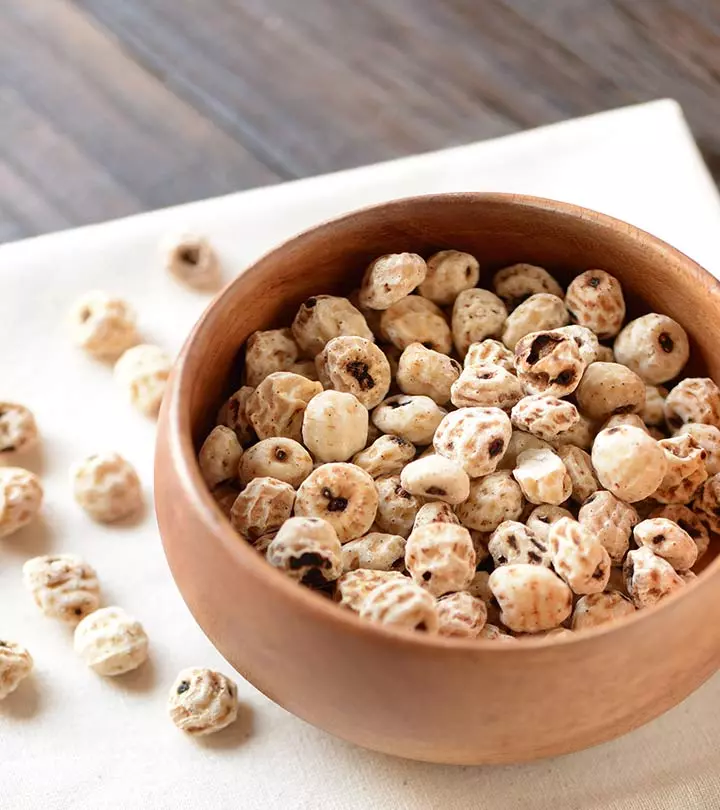
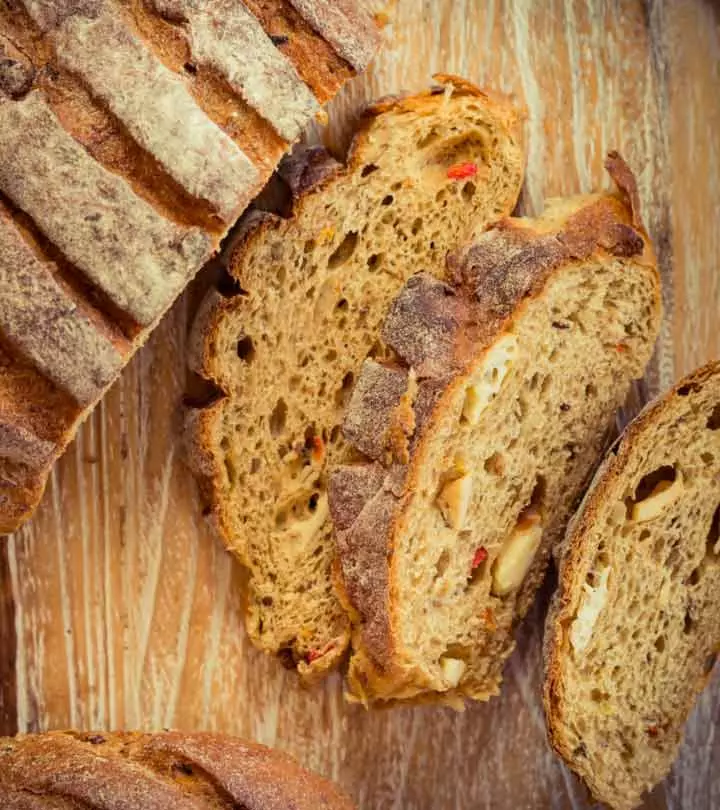
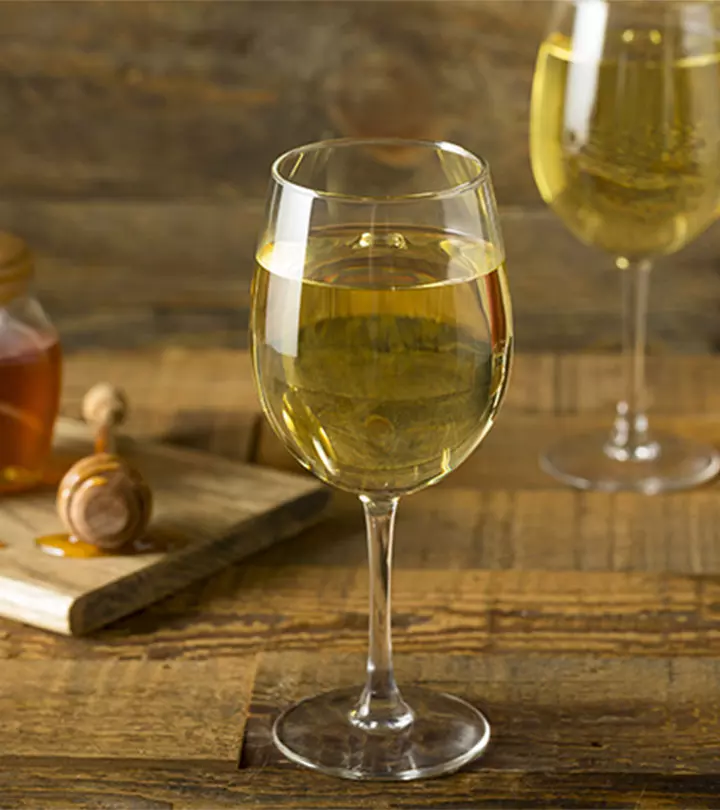
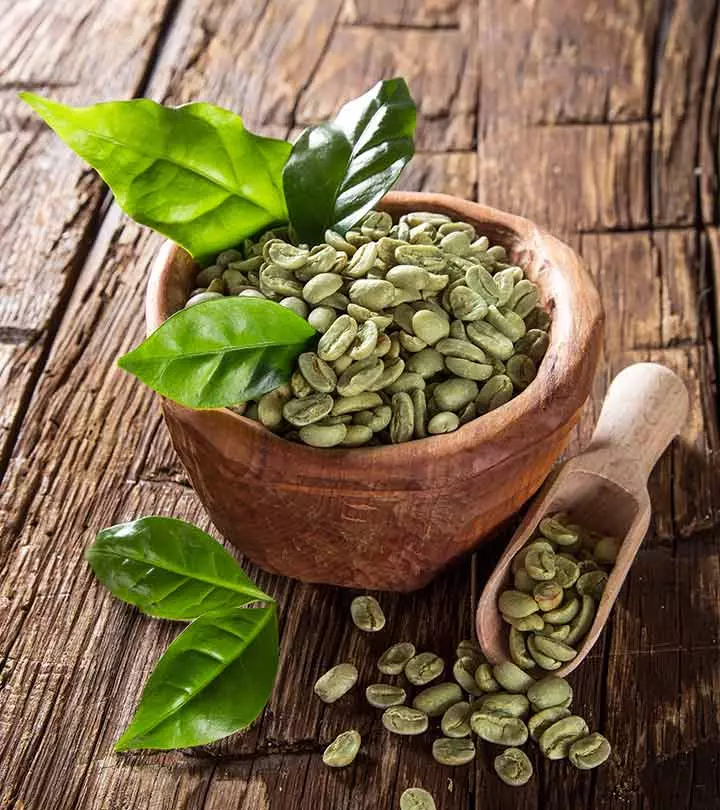
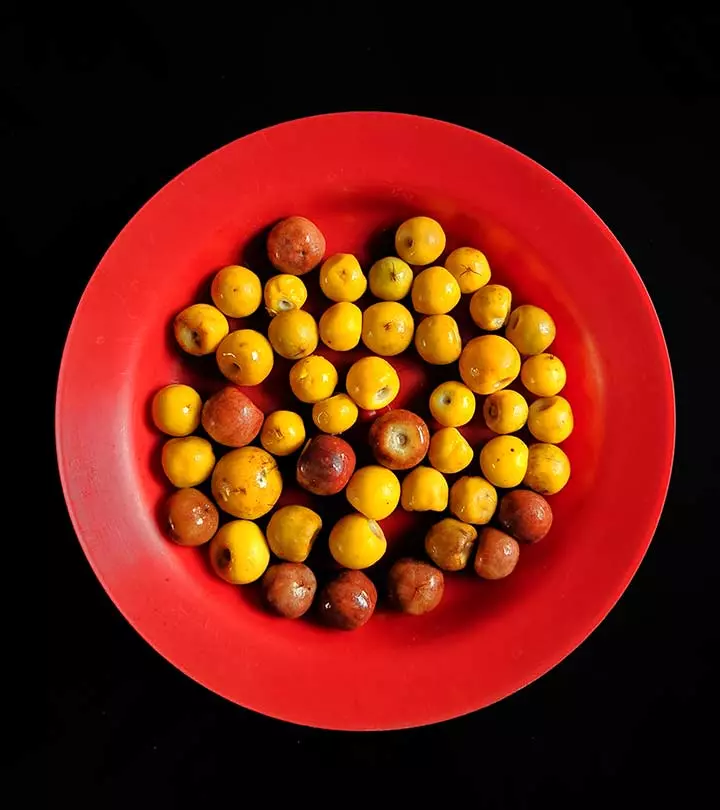

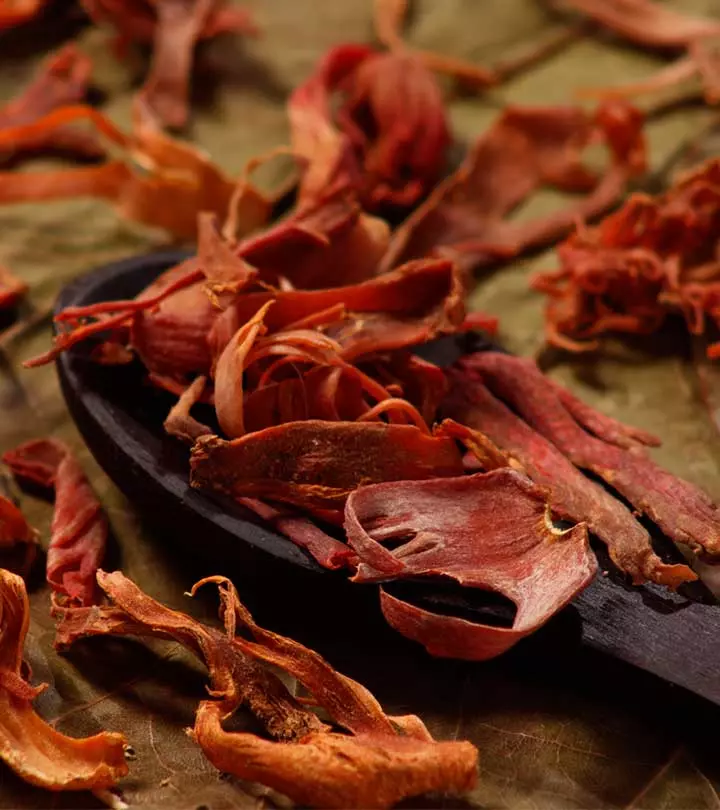
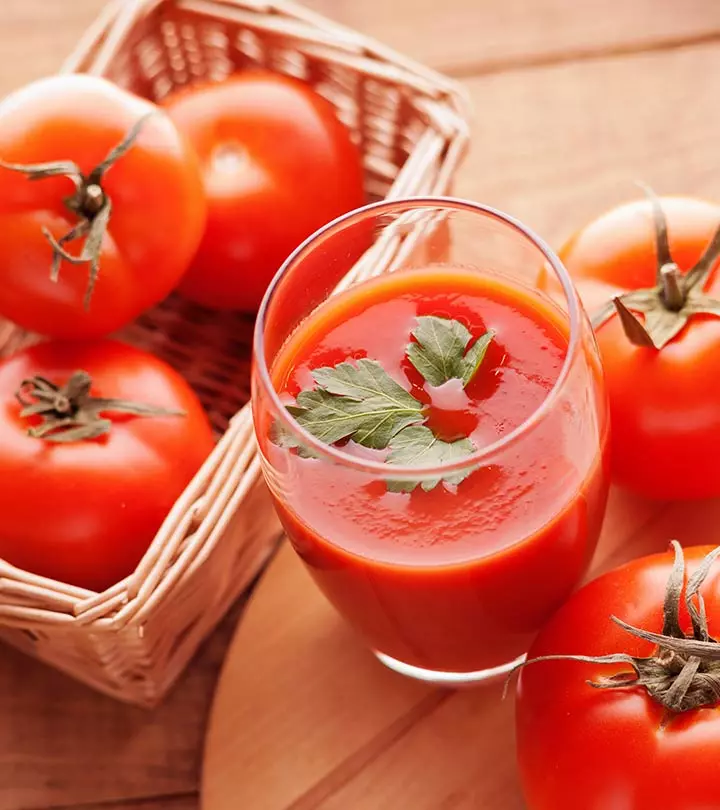

Community Experiences
Join the conversation and become a part of our empowering community! Share your stories, experiences, and insights to connect with other beauty, lifestyle, and health enthusiasts.